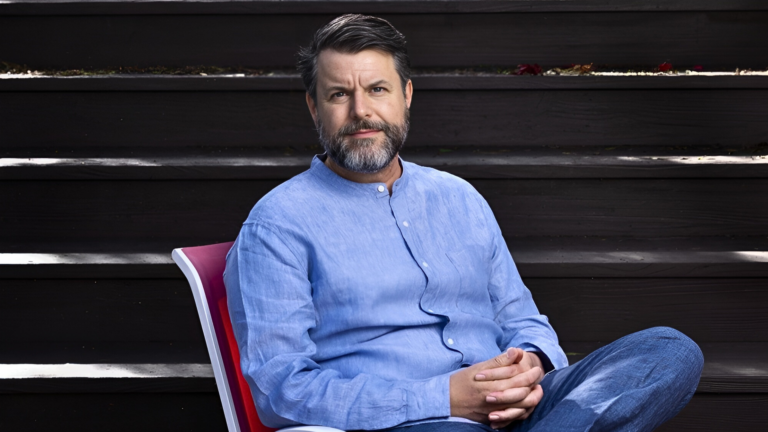Leading others is much more involved than the charisma to motivate.
Where are you leading to, is equally as important of a question as: Where are you leading from?
We are not born “natural leaders.” Leading involves at least two foundational pillars — insight and relationships. The first pillar is at the center of cultivating thoughts, words, and actions that bring life to a way of living and/or a purposefully designed mission. The path toward insight is a continually unfolding journey, in which the destination is a false marker of insight itself. Relationships, as the second pillar, begins with the relationship one has with him/herself, with others, with nature, with spirit. It is through relationships, and the space between those relationships, that we are able to lead (and be led) toward the missions that matter most.
Liz Wiseman shares her insights and research on the art and science of leadership. She walks us through her journey that has allowed her to understand how leaders can diminish or multiply the genius in others.
She teaches leadership to executives and emerging leaders around the world. She is the President of The Wiseman Group, a leadership research and development firm headquartered in Silicon Valley. Some of her recent clients include: Apple, Disney, eBay/PayPal, Facebook, GAP, Google, Microsoft, Nike, Roche, Salesforce.com, and Twitter. Liz has been listed on the Thinkers50 ranking and named as one of the top 10 leadership thinkers in the world.
She is the author of three best-selling books: Rookie Smarts: Why Learning Beats Knowing in the New Game of Work, Multipliers: How the Best Leaders Make Everyone Smarter and The Multiplier Effect: Tapping the Genius Inside Our Schools.
A former executive at Oracle Corporation, she worked over the course of 17 years as the Vice President of Oracle University and as the global leader for Human Resource Development. During her tenure at Oracle, she led several major global initiatives and has worked and traveled in over 40 countries.
“The single most powerful shift a leader can make is shifting out of the mode of knowing and operating in the mode of discovering or inquiry – quit providing answers and start asking questions.”
In This Episode:
- How her childhood and relationship with her father shaped her
- Observing the different types of leadership in the workplace
- Creating an environment where people excel vs. shrink
- Space between action and intention
- Coping with a tough boss and having the grit to overcome it
- Courage to leave the corporate world
- Defining intelligence
- Intelligence as a tool or a weapon
- Struggling with “letting go”
- Traits of the multiplying vs. diminishing boss
- Disciplines of multiplying leaders
- The importance of how one leads in the home
- Identifying someone’s native genius
- Understanding when to be big and small


